Post-Workout Nutrition (aka the "Window of Gains")
(The following is an article from our 6-week nutritional coaching program, the Functional Nutrition Project.)
The importance of what you eat should be readily apparent to all of you; daily caloric and macronutrient intake, proper digestion and food hygiene, and blood sugar management are all factors that make what we choose to put in our mouth so important.
However, WHEN we eat certain nutrients can be important, especially when it comes to the time period immediately following an intense training session.
Why is this timeframe special?
When we exercise (specifically using resistance training), we damage tissue at the microscopic level, as well as use fuel. This is ultimately what allows our muscles to grow and get stronger — but it requires repair. This happens through the breakdown of old, damaged proteins, and the construction of new ones, in a process called “protein turnover.”
After resistance training, protein breakdown increases dramatically, while protein synthesis remains relatively unchanged. In other words, we are in a state of “breaking down” much more than we are “building up.” In order to build muscle, we need to maintain a positive protein balance during this recovery period (which is one of the reasons that your daily protein intake is so important). Essentially, our body needs new material (in the form of amino acids) to build with, in order to properly repair. However, there is more to the equation than just protein when it comes to recovery.
The role of Carbohydrates
You have probably been told, at some point, that starchier, or high-glycemic carbohydrates are OK in the period surrounding a workout. The reason for this is two-fold: firstly, muscle glycogen is depleted and needs replenishing after intense exercise. Secondly, consuming carbohydrates will stimulate and enhance the role of insulin in transporting nutrients into cells.
Numerous studies have shown that consuming both protein and carbohydrates immediately post-workout are more effective than either macronutrient alone in replenishing energy stores, increasing muscle size and/or muscle quality, and repairing any damage caused by the workout.
The “Window of Gains”
In the time period immediately following exercise (0 to 120 minutes after, most studies show), our muscles are primed to accept nutrients that will aid in growth, repair, and strength. If you do not provide adequate post-workout nutrition quickly enough, you risk decreasing protein synthesis and muscle glycogen storage. This means less lean muscle growth, and less strength gains, compared to if you had done this.
Wrapping up and recommendations
Consuming a combination of protein and carbohydrates immediately post-workout has been shown to lead to:
Improved recovery
Less muscle soreness
Increased ability to build muscle
Improved immune function
Improved bone mass
Improved ability to utilize body fat
While what to eat is a matter of personal preference, we have found that eating a whole food meal, for many, is not only impractical, but difficult to muster up the appetite for. For this reason, we recommend a liquid form of protein, and a cabrohydrate source that can be rapidly digested and absorbed (like sweet potatoes or fruit).
For men, anywhere from 30-50 grams of carbohydrates and 15-25 grams of protein per hour of exercise is a general recommendation. For women, the suggestion is 20-40 grams of carbohydrates, and 10-20 grams of protein.
For those whose main goal of exercise is fat loss, opting instead for a branched-chain amino acid (BCAA) workout drink will help to keep from over consuming calories, while maintaining some of the benefits of increased protein synthesis and better recovery. Recommendations are anywhere from 5-15 grams of BCAA for each hour of training.
It is also recommended that you eat a normal, protein, carb and fat meal, 60-120 minutes after this. The post-workout combination that you choose does not take the place of eating real food, so still look to get whole foods in soon after.
Post-workout nutrition, just like all nutrition, is high individualized, and varies from person to person. Experiment with it, and find what works best for you. If you are unsure what to do, schedule a consultation with one of your coaches, and we will be happy to give you some direction.


